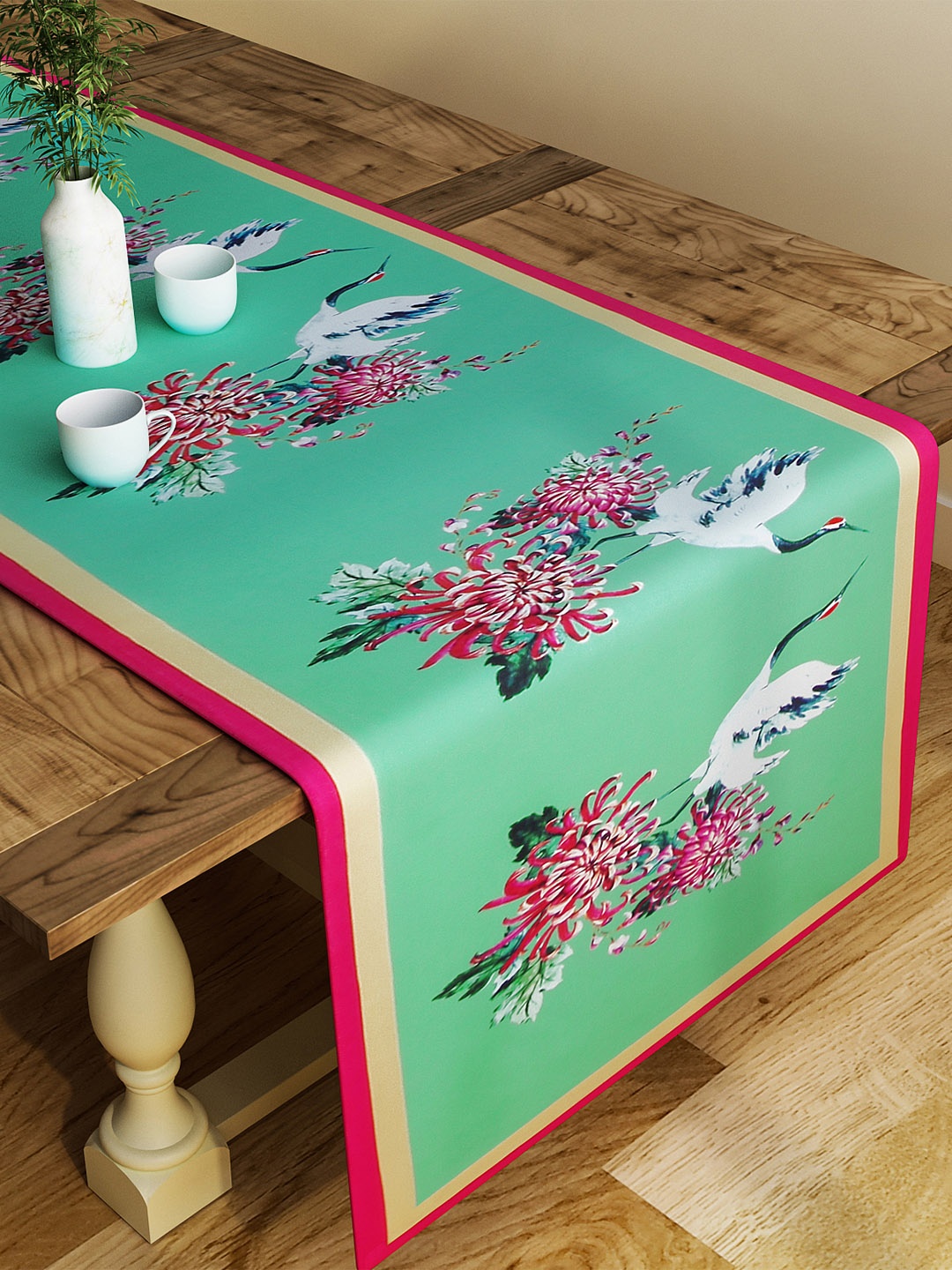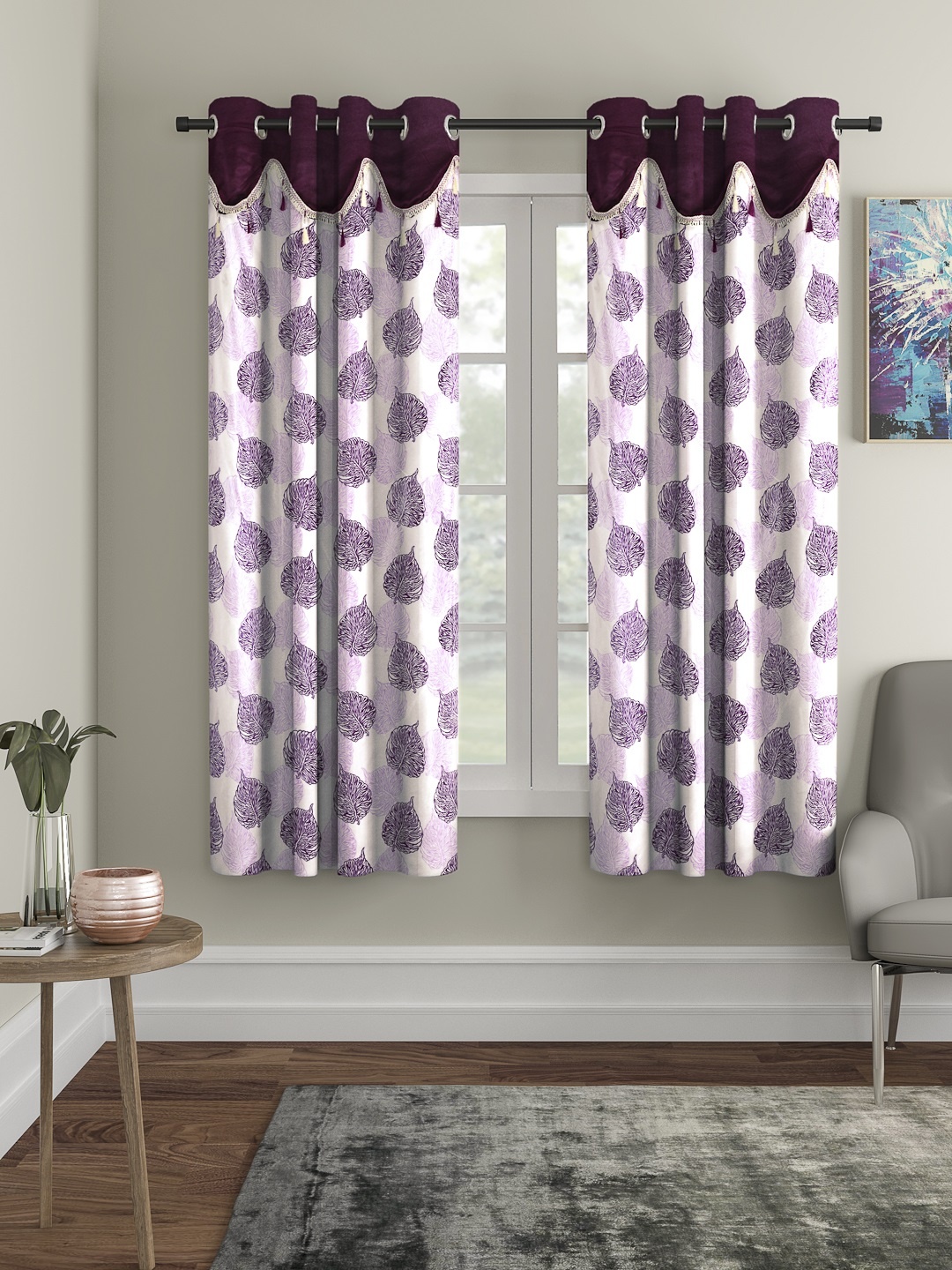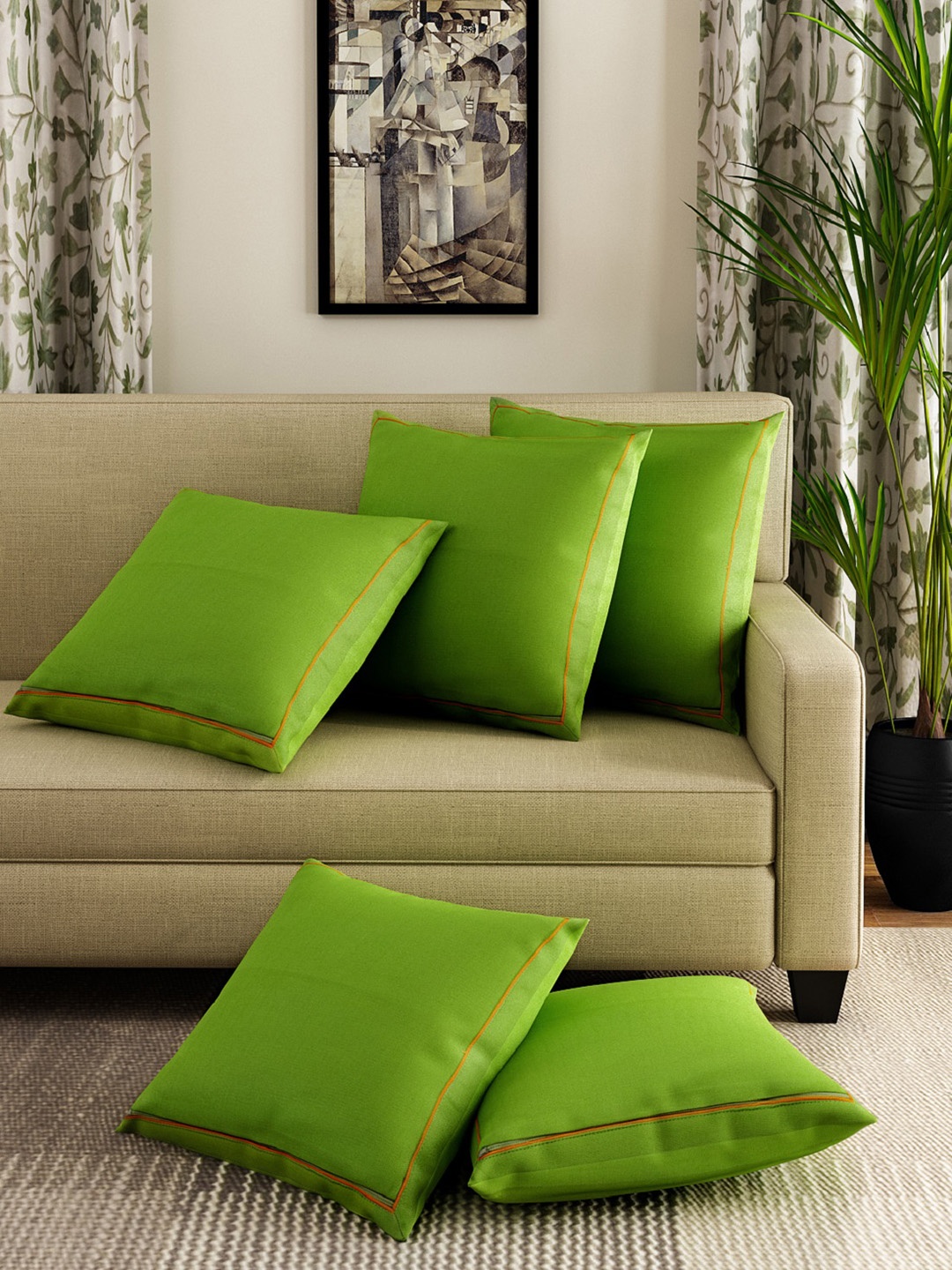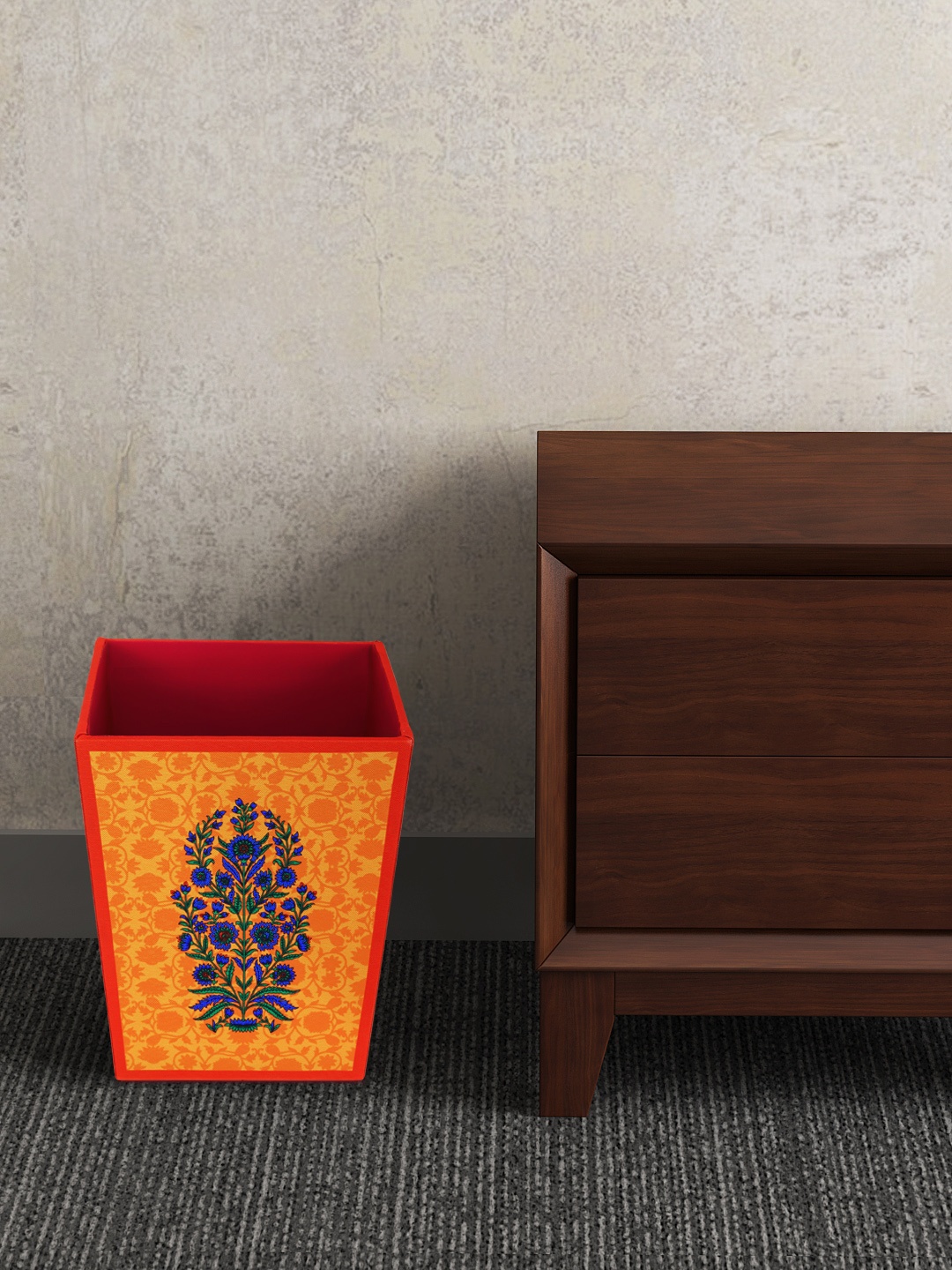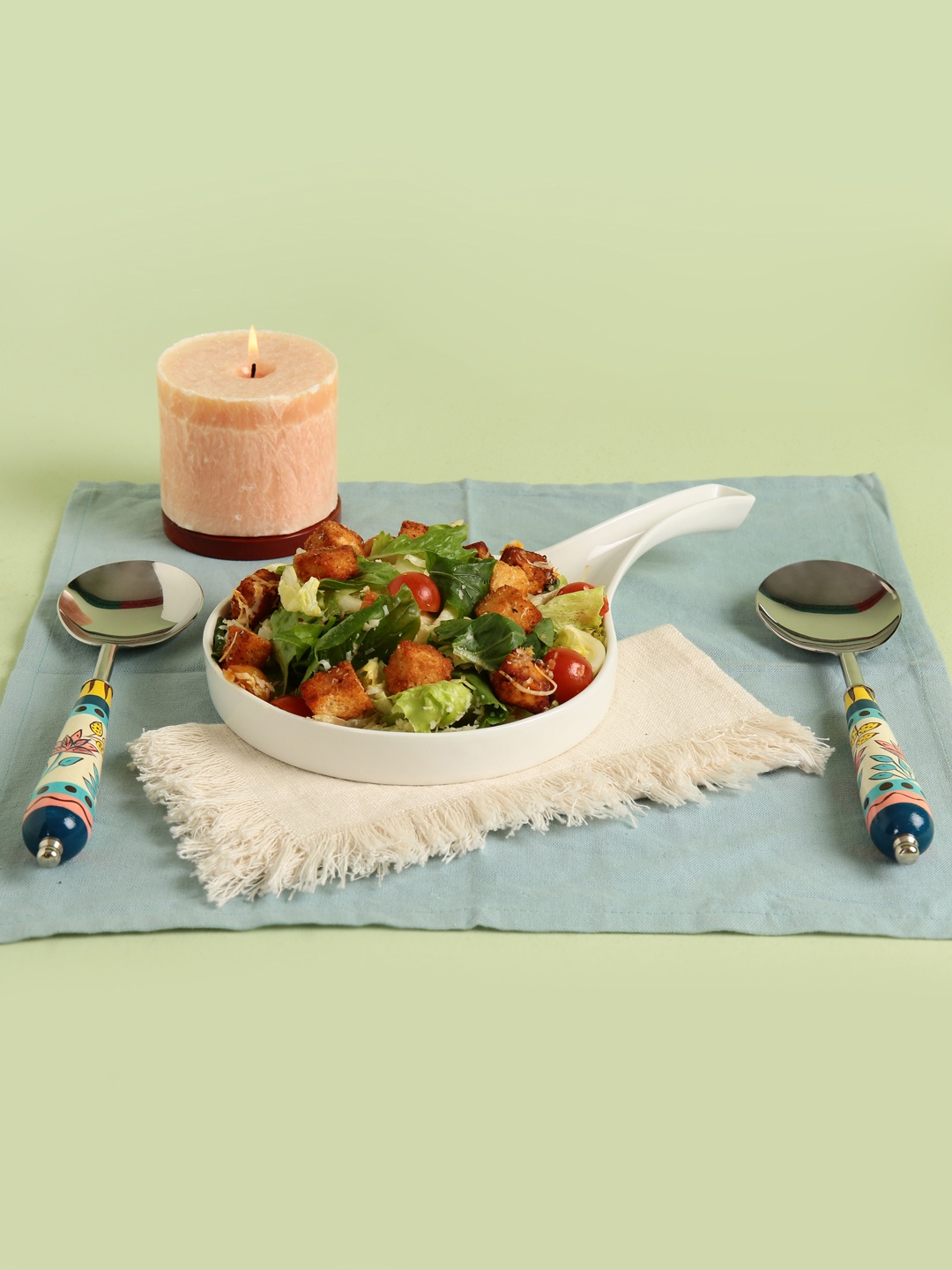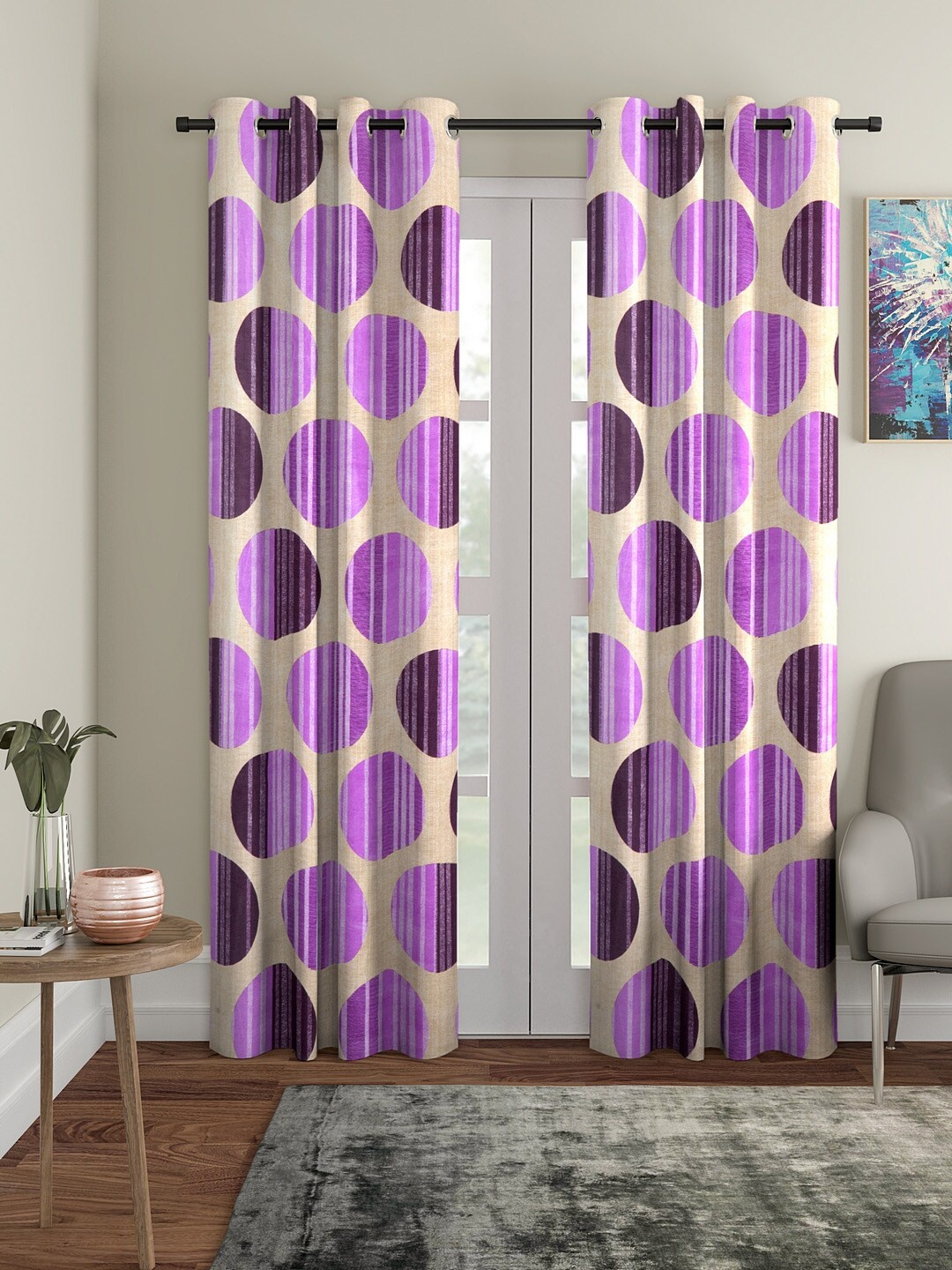What Makes A Bedsheet Soft? Check Out This Thread Count Myth
A soft bedsheet is the secret ingredient of good sleep, that gentle hug you don't think about until it's missing. We've been told that higher thread counts mean softer sheets. Let's pull back the covers and uncover the real story behind softness.

What Really Makes a Bedsheet Soft? The Hidden Truth Behind Thread Count.
After a long day of battling traffic, deadlines, and the occasional power cut, there's no greater joy than sinking into bed. That first touch of a cool, soft sheet feels like a small luxury, one that promises rest and comfort. But the next time you're at a home store, you might find yourself squinting at those little numbers on the packaging: 400 TC, 800 TC, 1000 TC.

Here's everything you must know about what makes a bedsheet soft
Photo Credit: Pexels
It sounds technical and impressive, like a higher number must mean a better product. Right? Not quite. The truth about what makes a bedsheet soft is much deeper than thread count. From the type of cotton to the way it's woven and finished, every detail matters. So, if you want to know about what makes a bedsheet soft, then just check out this thread count myth.
Also Read: Top 5 Bedsheets And Cushion Covers For Festive Ready Home On Myntra
Unravelling the Truth: What Really Makes a Bedsheet Soft
1. The Thread Count Obsession
For years, thread count has been treated like a badge of honour. A 1000-thread-count sheet sounds luxurious, while a 200-thread-count one seems basic. But here's the twist: that number only tells part of the story.
Thread count simply measures how many threads, both horizontal and vertical, fit into one square inch of fabric. Beyond a certain point, more threads don't necessarily mean more comfort. Manufacturers sometimes twist multiple fine threads together to inflate the count. The result? Thicker, heavier sheets that may feel rough rather than silky.
Think of it like biryani, adding more rice doesn't make it tastier; balance does. True softness lies in the quality of the yarn, not how tightly it's packed. A well-made 300-thread-count cotton sheet can feel softer and last longer than a 900-thread-count imposter.
2. Cotton Quality: The Heart of Softness
The real secret begins with the cotton itself. Not all cottons are equal. Some are long, smooth, and strong, while others are short and coarse. The longer the fibre, the softer the sheet.
Egyptian and Pima cottons are often praised for their long, fine fibres. But India's own homegrown varieties, such as Suvin and DCH cotton, rival them beautifully. Long-staple cotton creates fewer exposed ends, meaning the surface of your sheet feels smoother and resists pilling.
Imagine running your hand over a marble floor versus a cement one. The difference lies in the fineness of the surface. Similarly, a high-quality cotton sheet, even at a moderate thread count, feels like a soft whisper against the skin. Quality, not quantity, makes the real difference.
3. Weave Wonders: Percale vs. Sateen
The weave decides whether your sheet feels crisp or silky. Two of the most common weaves are percale and sateen.
Percale has a simple, tight weave, one thread over, one under, giving it a matte finish and a cool, breathable texture. It's perfect for warm nights when you crave that crisp, hotel-like feel. Sateen, on the other hand, uses more vertical threads on the surface, creating a smoother, shinier fabric that drapes luxuriously.
In India's climate, percale often feels cooler during the summer, while sateen adds cosy warmth in cooler months. Choosing between the two is like picking between filter coffee and chai, both delightful, just different moods for different days.

Understand the common percale and sateen weave patterns; Photo Credit: Pexels
4. Fibre Finishing: The Final Touch
After weaving, fabrics go through finishing processes that define how they feel and behave. Combing, mercerising, and pre-washing can elevate an average sheet into something divine.
Combed cotton removes short fibres and impurities, leaving only the strongest strands. Mercerising gives cotton a subtle sheen and helps it hold colour better. Pre-washed or stone-washed finishes create instant softness, no breaking in needed.
That soft, “lived-in” texture you love from a well-used bedsheet? Finishing gives you that experience from day one. It's like buying a pair of jeans that already feel just right instead of stiff and scratchy.
5. The Role of Yarn and Ply
Another hidden factor is ply, how many strands are twisted together to make one thread. Single-ply yarns use one strong fibre strand, creating lightweight, breathable sheets. Multi-ply yarns use several twisted strands, making the fabric heavier and sometimes coarser.
Manufacturers often use multi-ply yarns to boost thread count, but it's a trade-off. The fabric might look denser, but it loses its airy comfort. For soft, cloud-like sheets, single-ply, long-staple cotton is the gold standard.
It's the textile equivalent of home-cooked rotis, simple ingredients, done right. Overcomplicating the recipe doesn't make it better.
6. The Impact of Dyeing and Colouring
Softness isn't just about the feel, colour treatments matter too. Cheaper dyes and chemical-heavy colouring processes can stiffen fabric and reduce breathability. On the other hand, eco-friendly or natural dyes retain the cotton's natural texture.
Pastel hues, earthy tones, or soft whites usually feel smoother because they require less harsh treatment. Deep, glossy colours might look rich but sometimes come at the cost of suppleness.
When shopping, it's worth checking if the brand uses reactive or azo-free dyes, these are gentler on both your skin and the environment. A well-dyed sheet doesn't just look beautiful; it feels like it belongs on your bed, not in a showroom.

Look for brands that use azo-free dyes; Photo Credit: Pexels
7. The Magic of Fabric Weight
A sheet's weight can influence how soft it feels. Lightweight fabrics tend to feel breezy and smooth, while heavier ones feel sturdy but less supple.
If you've ever switched between a summer bedsheet and a winter one, you know the difference. Lighter sheets flutter softly against the skin, almost like a second layer of air. Heavier ones feel more substantial, like a protective cocoon.
The trick is to find your comfort zone, not too flimsy, not too thick. For India's mostly warm climate, a mid-weight percale or sateen strikes the perfect balance. Think of it as finding that ideal dosa texture: thin enough to be crisp, but strong enough to hold the flavour.
8. Care and Maintenance: Softness Over Time
Even the softest bedsheet can turn rough if treated harshly. How you wash and dry it plays a big role.
Always wash sheets in cold or lukewarm water using mild detergents. Avoid bleach or fabric softeners, they can break down fibres and reduce softness over time. A splash of white vinegar in the rinse cycle helps remove detergent residue and keeps cotton smooth.
Sun-drying is great for freshness but avoid direct, harsh sunlight for long periods. It can fade colours and stiffen fabric. Instead, air-dry in partial shade and give them a quick tumble in the dryer for that lovely fluff. Caring for your sheets is like tending a small garden; gentle attention makes them thrive.
9. The Marketing Mirage
Ever noticed how some brands proudly advertise 1000-thread-count luxury sheets for ₹3,000? If it sounds too good to be true, it probably is.
Many of these claims rely on creative counting methods, twisting multiple low-quality yarns together to inflate the number. Others use synthetic blends disguised as “premium cotton.” The result looks plush on day one but feels coarse and pills after a few washes.
Real luxury lies in craftsmanship, not marketing jargon. A transparent brand will proudly share details about fibre origin, weave, and finish, not just throw big numbers at you. When in doubt, trust your touch. Your fingertips rarely lie.

Opt for a brand which is transparent about its weave and finish; Photo Credit: Pexels
10. The True Definition of Softness
At its heart, softness is about comfort, a feeling, not a figure. It's that sense of calm when your skin meets the fabric, that quiet sigh of relaxation as you settle in for the night.
The softest bedsheets are not necessarily the most expensive ones. They're the ones that breathe, drape, and age gracefully with use. The more you wash them, the better they feel.
When you shop next, focus on the story behind the fabric, the quality of cotton, the honesty of the maker, and how it feels against your skin. Because real softness is not about numbers. It's about the kind of peace that only a good night's sleep can bring.
Products Related To This Article
1. Sangria Pink Printed 210 TC Pure Cotton Super King Bedsheet Set
2. Raymond Home Insignia Sea Green Geometric Microfiber 330 TC Double Fine Bedsheet with 2 Pillow Covers
3. KLOTTHE Yellow Floral Polycotton 300 TC King Fine Bedsheet with 2 Pillow Covers
4. haus & kinder 144 TC Floral Printed Queen Bedsheet with 2 Pillow Covers
5. Myntra Elegant Homes Grey & Green Geometric 350 TC Fitted Bedsheet with 2 Pillow Covers
6. Dreamscape White Floral Pure Cotton 140 TC Queen Bedsheet with 2 Pillow Covers-87 x 98 inches
7. Aura Cream-Coloured & Grey Floral Printed 350 TC King Fitted Bedsheet Set 2.50 m x 2.15 m
In a world obsessed with figures, from calorie counts to screen time, it's easy to think more always means better. But when it comes to bedsheets, the magic lies in subtlety. A perfect sheet doesn't shout luxury; it whispers comfort.
Softness is a combination of fibre, weave, craftsmanship, and care. It's not a marketing trick or a statistical measure. So, the next time you touch a new bedsheet, don't ask, “What's the thread count?” Ask, “How does it feel?”
After all, the softest sheets aren't defined by numbers; they're defined by how gently they carry you into your dreams.
(Disclaimer: This article may include references to or features of products and services made available through affiliate marketing campaigns. NDTV Convergence Limited (“NDTV”) strives to maintain editorial independence while participating in such campaigns. NDTV does not assume responsibility for the performance or claims of any featured products or services.)









